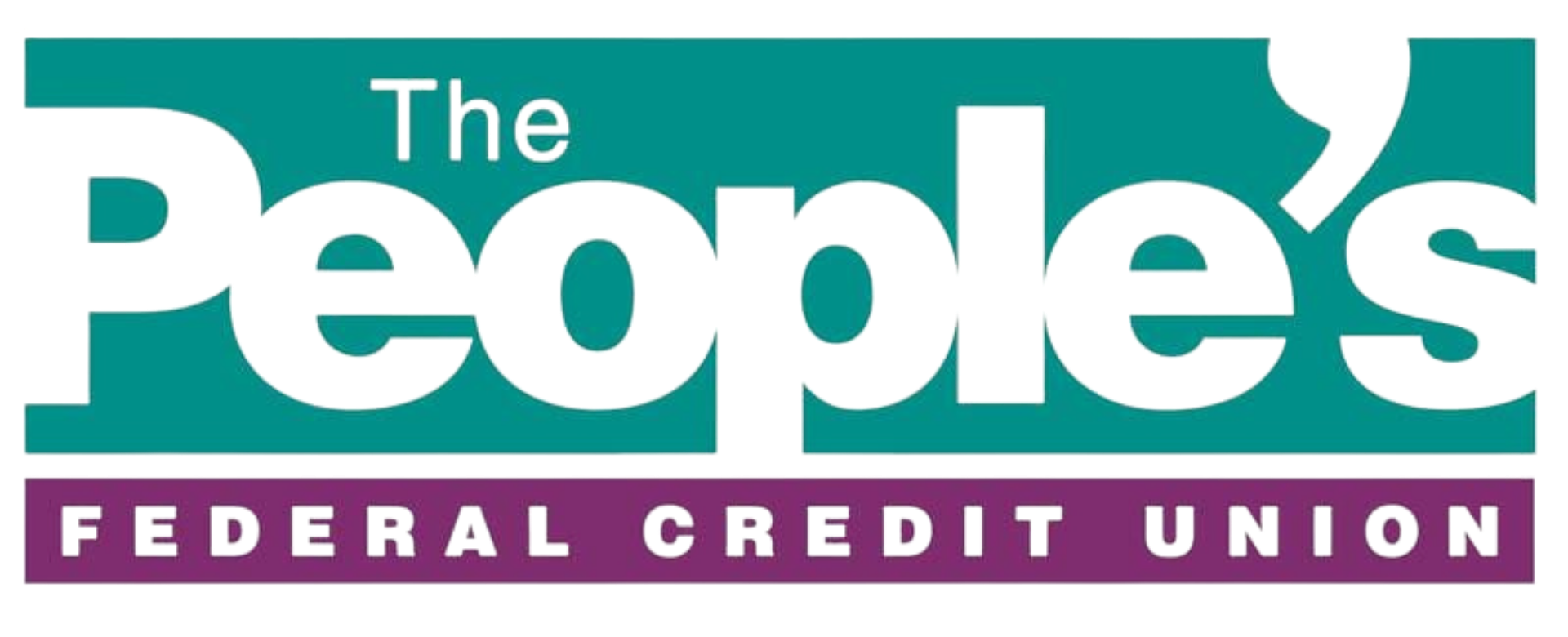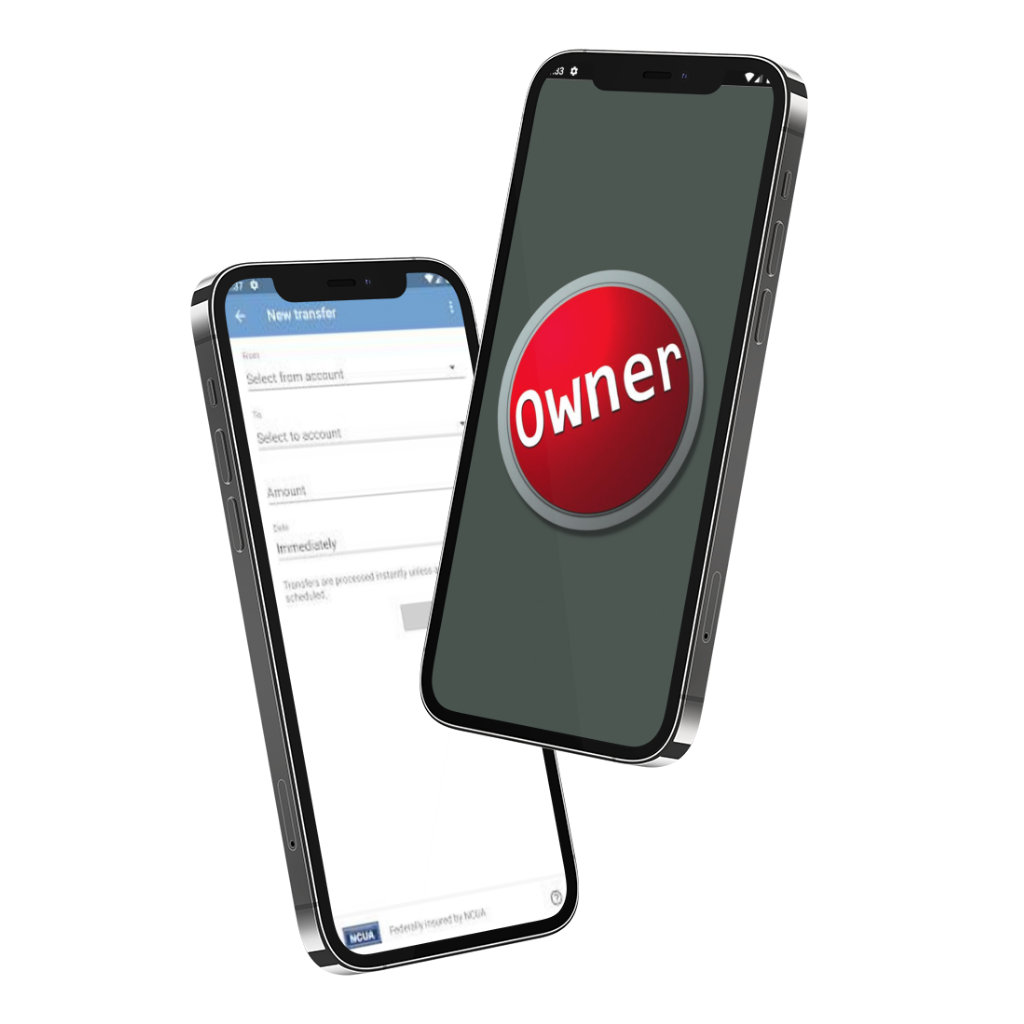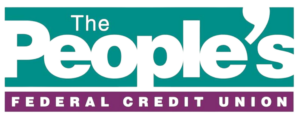Overdue loans, high credit card balances, and foreclosures are a few relatively common situations that tend to leave a person with a low credit score. While nobody enjoys dealing with these situations, credit repair is a doable task that doesn’t have to feel like an arduous process.
A strong credit score is going to help you in a wide variety of financial areas, including:
- Taking out loans that aren’t high interest
- Renting that dream apartment
- Cell phone plans
- Insurance premiums
- And more!
Many people wonder how long it’ll take to repair their credit score. There’s no general timeline outlining how long this process will take. What matters is knowing what steps you need to take to improve your credit score and starting as soon as possible.
There are plenty of instances that can give you an idea of how long it’ll take to boost your credit score up to where it needs to be. Isolated instances like a single missed payment won’t make it too difficult to bounce back quickly. Late payments over 90 multiple accounts will take longer to recover from.
Don’t let this get you down. Diminished marks can and will reduce over time when you take corrective action. Let’s jump right into the different strategies you can utilize to boost your credit score.
Evaluate Your Credit Report for Any Errors
Do your best to analyze every credit report you receive. You may spot some report errors that are negatively affecting your score. Are you unsure of what to look out for when evaluating your credit reports? Here’s a quick list of mishaps to look for:
- Incorrect personal information
- Accounts that aren’t yours
- Duplicate accounts
- False inquiries
- Fraudulent activity
- Falsely open accounts
- Wrong public records (e.g., foreclosure)
- Delinquencies
- Data management errors
- Lost accounts that should be listed
- Accounts incorrectly listed as “closed by grantor”
Any of the points from the list above can negatively impact your credit and, subsequently, your ability to acquire loans. It’s vital that you verify errors by comparing your report with two separate reports from the major credit bureaus.
The three bureaus are:
- TransUnion
- Experian
- Equifax
Prioritize Paying Off High-Interest/New Accounts
Many credit card owners wonder which outstanding balances are more important to pay. Outside of required monthly payments, your credit score will benefit from you paying off high-interest accounts. You can prioritize the rest of your balance payments based on the age of your accounts.
Paying off newer accounts allows you to:
- Increase your average length of credit.
- Boost your score.
- Avoid paying high-interest rates.
Follow up this process by putting the rest of your available money down on payments for your next account, and you’re heading in the right direction.
Continue to Pay Your Bills on Time
One late payment can make a noticeable dent in your credit score. Knowing what accounts will report late payments first can help you avoid experiencing a credit score drop from the credit bureaus. Why?
Some institutions are quick to report late payments to the credit bureaus, while others aren’t. Credit card companies and mortgage lenders will undoubtedly report late payments. Cell phone and utility providers are examples of two organizations that most likely won’t prioritize submitting a late payment report.
You can gain more insight into which companies will or won’t make these reports by evaluating your credit reports’ “accounts” section. The accounts that are listed are going to submit those negative reports promptly.
Limit the Number of New Accounts You Apply For
High rates of credit application submissions are going to hinder your credit score. Every application you initiate can lead to a hard inquiry. Otherwise known as a “hard pull,” hard inquiries involve a creditor analyzing your file to establish how big or small a risk you present as a borrower. These inquiries can hurt your credit score, especially ones that add up.
Unfortunately, there’s another way opening a new account will lower your credit score. New accounts will decrease the overall average age of your accounts, which hampers your rating.
Keep Old Credit Card Accounts Open
Are you eager to close out those old credit card accounts that you have fully paid off? Pause.
While it’s tempting to do away with these accounts, keeping them open allows you to hold a longer credit history that allows your score to head onward and upward. Credit history makes up a vital 15% of your overall credit score.
Keep Your Credit Utilization Rate Low
High balances on revolving credit accounts will take your score down a few notches as your credit utilization rate increases. Lines of credit and credit cards are your typical revolving accounts. The ideal credit utilization ratio should exist in the low single digits.

Get a TPFCU MasterCard Today
Your search for the ideal credit card ends here. The People’s Federal Credit Union (TPFCU) MasterCard is a credit card that stands above the rest. TPFCU allows you to select a Standard, Gold, or Platinum membership option, which all offer low competitive rates and attractive rewards.
The benefits of a TPFCU MasterCard don’t stop here. Sign up for a TPFCU MasterCard today to skip:
- Overlimit fees
- Transfer fees
- Annual fees
- Cash advance fees
Start to enjoy the benefits of a TPFCU MasterCard today by calling our Amarillo, Texas location at 806-359-8571.








